This International Women’s Day, we’re celebrating eight urban leaders making a difference around the world by creating healthier, safer cities with the Partnership for Healthy Cities.
The Partnership is a global network of 54 cities committed to saving lives by preventing injuries and noncommunicable diseases (NCDs). According to the World Health Organization, NCDs have been the leading causes of death among women worldwide for more than three decades and are now responsible for two in every three deaths among women each year.
Here’s how these eight mayors are tackling NCDs and road safety with the Partnership’s support.
London Breed, San Francisco, United States
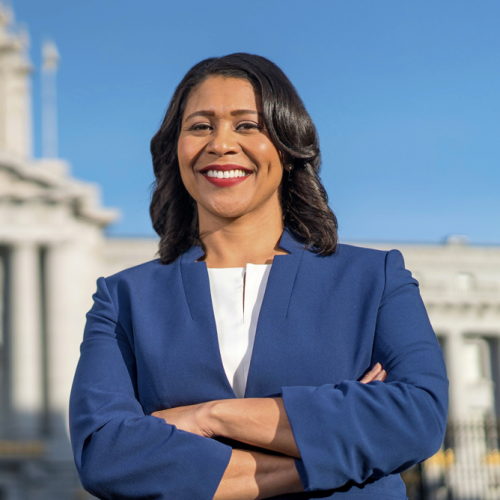
Mayor Breed, her city’s first black woman mayor, is working with the Partnership to connect data about NCDs among a range of health care systems in San Francisco. The goal is to be able to assess NCDs by neighborhood, targeting health problems more effectively.
Karla Rubilar, Santiago, Chile
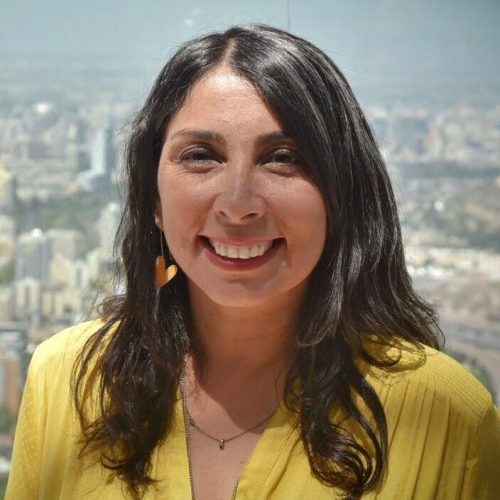
Public health and safety are central concerns in the administration of Intendenta (Mayor) Rubilar, who is working with the Partnership to protect the safety of children along an 11-intersection stretch through the La Pintana neighborhood. The intervention involves a series of physical and visual transformations surrounding a neighborhood school, including colorful crosswalks and games that encourage active mobility.
Ada Colau, Barcelona, Spain
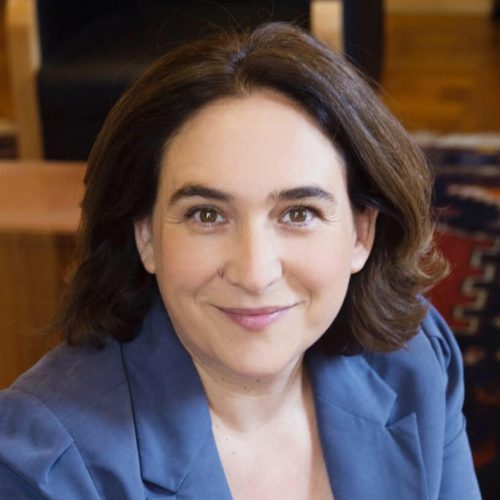
Mayor Colau, the first woman elected mayor in Barcelona, is working with the Partnership to evaluate the health impact of the city’s superblocks, areas previously dedicated to vehicles that now prioritize pedestrians, cyclists and public transportation. Colau also supports local advocates’ call for a fully car-free downtown.
Anne Hidalgo, Paris, France
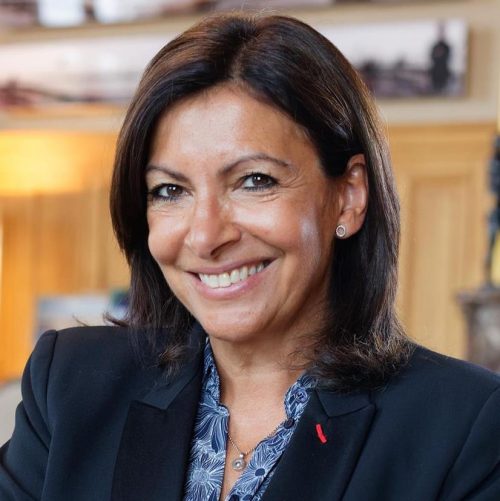
Paris had never before elected a woman mayor when Mayor Hidalgo took office. Her city is working with the Partnership to improve air quality by measuring the impact of fuel-burning apartment buildings and steering a transition to renewable energy.
Bijal Patel, Ahmedabad, India

Mayor Patel is working with the Partnership to measure the prevalence of NCD risk factors such as smoking and unhealthy diets in her western Indian city. The city is conducting a population-based household survey and developing an action plan to address the risk factors identified.
Claudia Sheinbaum, Mexico City, Mexico
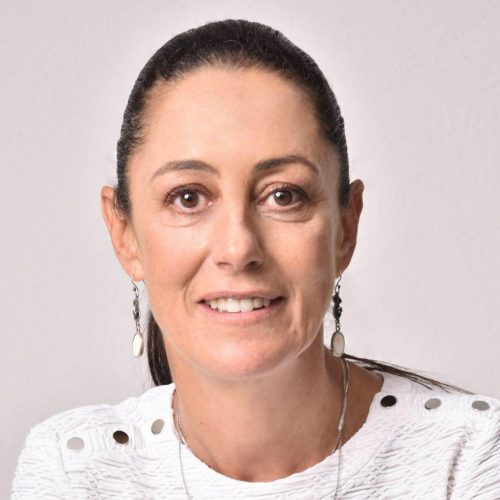
Mayor Sheinbaum, her city’s first elected woman mayor and a scientist with degrees in physics and energy engineering, is working with the Partnership to slow traffic and improve road safety in school zones. The city is developing guidelines to standardize physical improvements around schools such as pedestrian protections and new signage, and to require community involvement in the process.
Marie-Chantal Rwakazina, Kigali, Rwanda
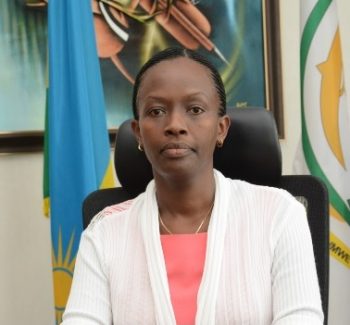
Mayor Rwakazina, an economist who has spent much of her career with the United Nations, is working with the Partnership to turn Kigali into a smoke-free city. Kigali is developing a local version of the country’s national smoke-free law in order to improve compliance and enforcement while reaching out to the public about the urgency of the issue through a mass media campaign.
Sally Capp, Melbourne, Australia
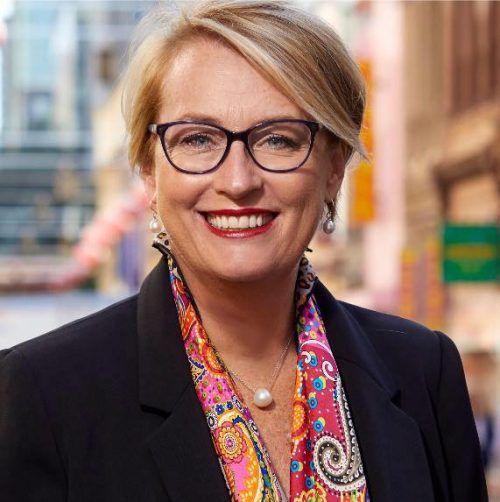
Lord Mayor Capp, an avid cyclist for whom active mobility and urban transport are lifelong concerns, is working with the Partnership to increase public use of the city’s bike and pedestrian paths, by the sedentary workforce in particular. The city has redesigned a citywide mobile app to prompt physical activities in exchange for points and prizes.
About the Partnership for Healthy Cities:
The Partnership for Healthy Cities is a prestigious global network of cities committed to saving lives by preventing noncommunicable diseases (NCDs) and injuries. Supported by Bloomberg Philanthropies in partnership with WHO, as well as Vital Strategies, this initiative enables cities around the world to deliver a high-impact policy or programmatic intervention to reduce NCD risk factors in their communities. For more information, visit: https://partnershipforhealthycities.bloomberg.org/